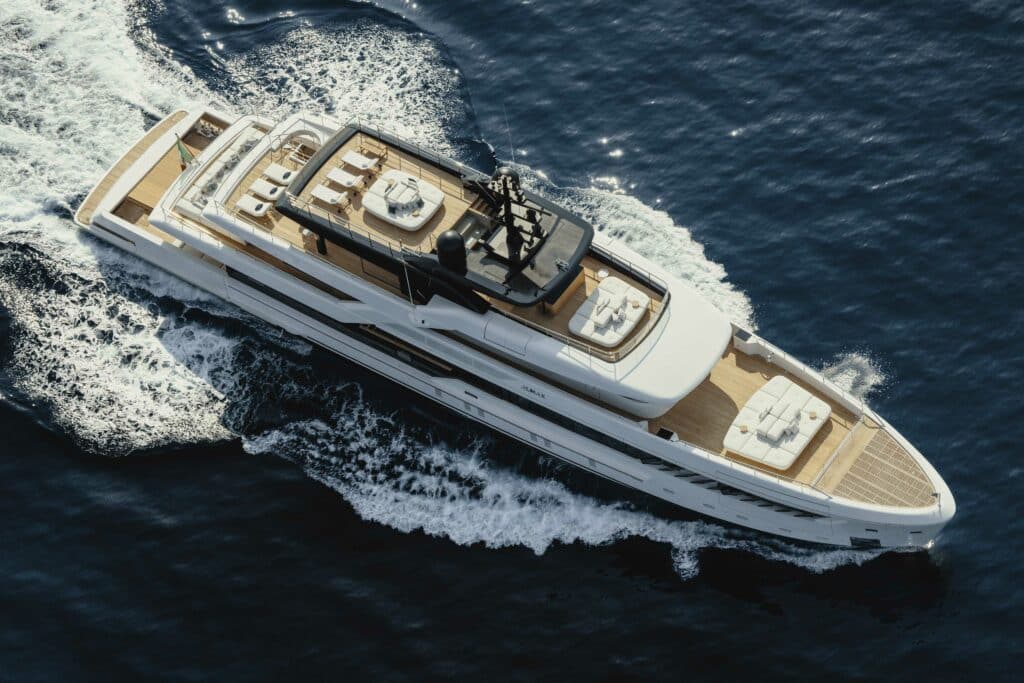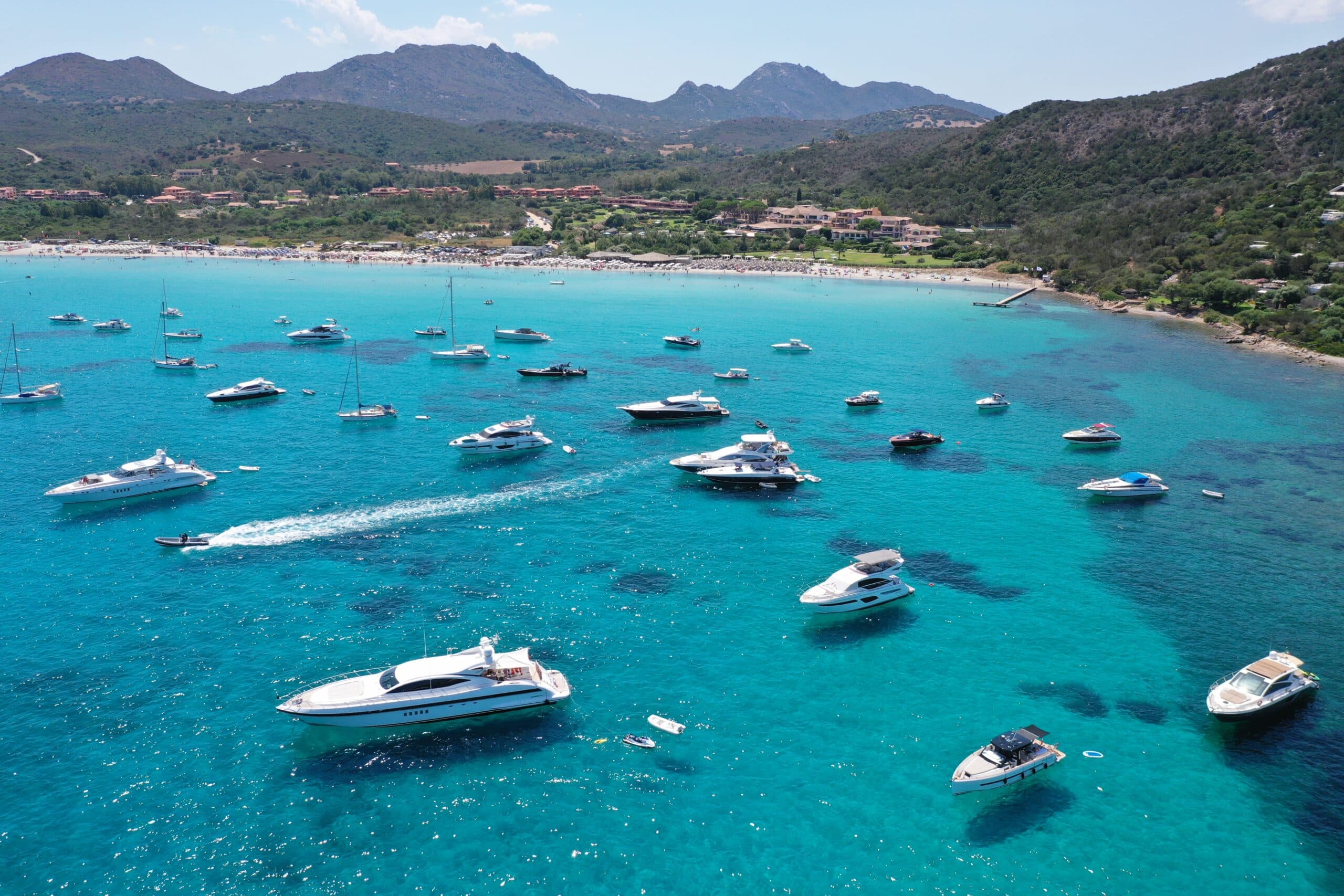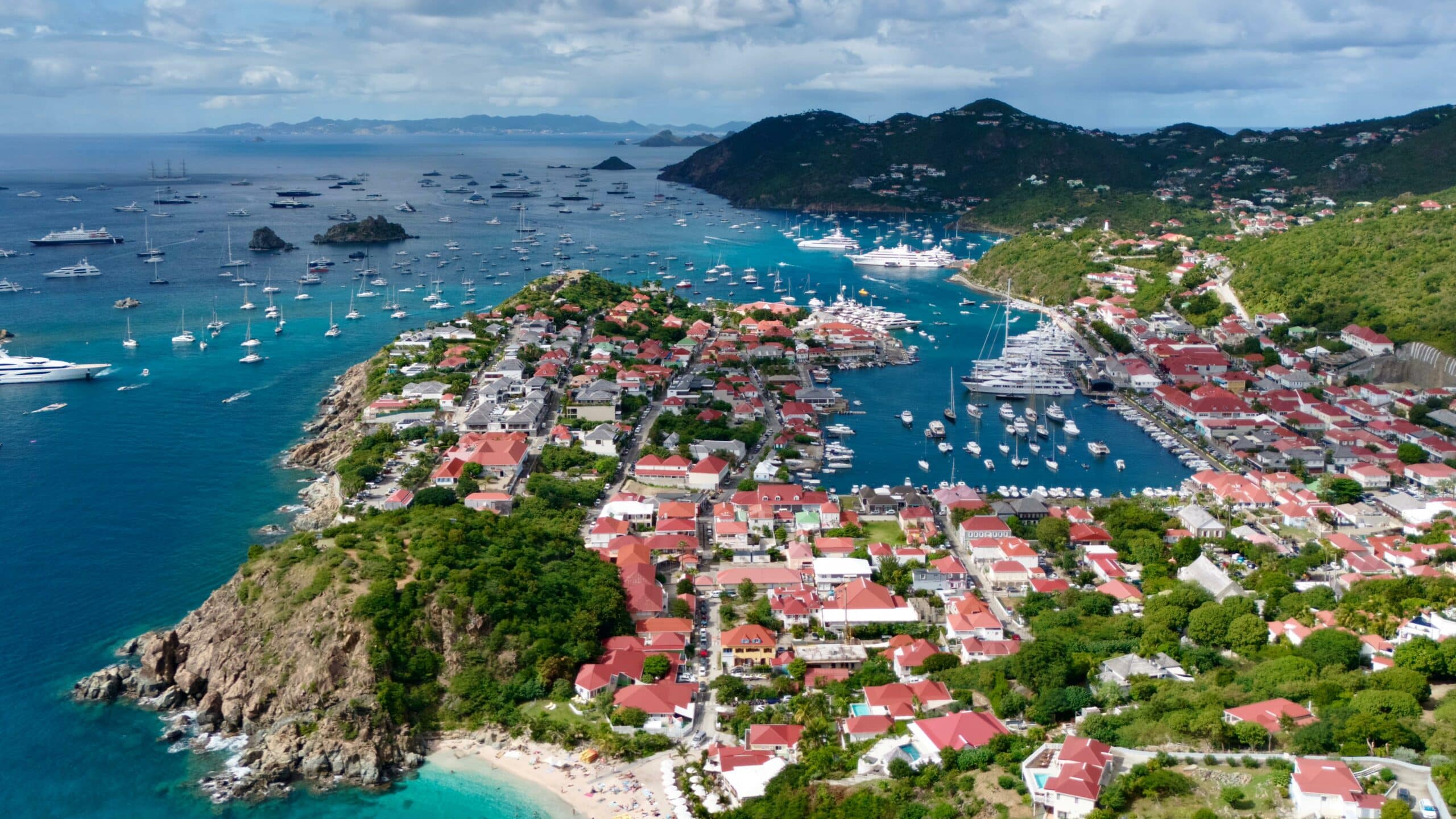SEA Index recently awarded Sanlorenzo’s Almax 50Steel a three star CO2 rating after it completed the SEA Index CO2 certification assessment. One exciting component that contributed to its rating was its use of the Reformer Fuel Cell system with green methanol to generate onboard electricity.
We spoke to Sanlorenzo about the role sustainability plays in its work, and what technologies such as methanol and hydrogen fuel cells could mean for the future of yachting.
What are Methanol and Hydrogen Fuel Cells?
Emerging as promising alternatives to traditional fossil fuels, fuel cells generate electricity through a chemical reaction, converting hydrogen into energy and water. For methanol fuel cells, methanol is converted into hydrogen, then combined with water and air to produce electricity, carbon dioxide, and water vapour. Unlike traditional combustion engines, this process reduces the output of harmful pollutants such as nitrogen oxides (NOx), sulphur oxides (SOx), and particulate matter. Hydrogen fuel cells, on the other hand, use hydrogen gas and oxygen extracted from the air to produce electricity, with water vapour as the only byproduct.
Methanol, in particular, is seen as a promising fuel for the maritime industry because of its relative ease of storage. It is liquid at ambient temperature and pressure, making it less complex to store and transport than hydrogen, which requires cryogenic storage or high-pressure tanks. Methanol can be produced from a variety of sources, including renewable resources like biomass, further enhancing its sustainability profile.
The ‘cleaner’ nature of these technologies, plus their relative size, positions them as a viable alternative for powering life onboard, and in the future, propulsion.
A path towards carbon neutrality
With growing regulatory pressure and increasing public awareness about the impacts of yachting on the environment, the need for alternative ways to power vessels is urgent. The adoption of green methanol and hydrogen fuel cells offers a path toward meeting international climate goals and maritime regulations such as the International Maritime Organization’s (IMO) target to reduce greenhouse gas emissions to Net Zero by 2050.
SEA Index and Sanlorenzo recognise the shift towards demand for sustainable technology in the yachting sector. “Sustainability will become an increasingly crucial driver of growth in the yachting sector in the near future, because the new generation of yacht owners are demanding it.” (Sanlorenzo)
“In the next five years, we expect to witness a significant shift towards the development of alternatives to traditional diesel propulsion, and green methanol is, at present, the real game-changer, as it’s a carbon-neutral technology, and it stands as one of the most credible fuels for replacing diesel in yachting, already being available in over 100 ports worldwide.“ (Sanlorenzo)
As part of its “Road to 2030” strategy, Sanlorenzo has made significant investments in the development of solutions to reduce the environmental impact of its yachts. A key goal in the strategy is to deliver the first carbon neutral yacht by 2030, which will involve further development of fuel cell technology and the introduction of hybrid and bi-fuel propulsion. By 2027 they aim to build a superyacht with a bi-fuel system up to 80% powered by green methanol, which will reduce emissions by a level much greater than the 55% during cruising set by the EU’s Fit for 55 agenda.
SEA Index certified
In an effort to have their progress recognised and legitimised, Sanlorenzo approached SEA Index to request official certification of the Almax 50Steel vessel. Engaging an impartial, rigorous rating provider for an assessment, regardless of the outcome, demonstrates a commitment to transparency in their sustainability journey.
The certification of Almax 50Steel was a notable milestone for SEA Index. Completing the certification process alongside Lloyd’s Register allowed us to incorporate the carbon intensity of vessels with methanol and hydrogen fuel cells on board into our standard assessment process. Over time, we have built the SEA Index as the trusted go-to organisation for a no- nonsense, rigorous and transparent assessment of a superyacht’s environmental impact, and the trust of Sanlorenzo in rating their new vessel is a testament to this.
“As we wanted the carbon intensity of our 50Steel analysed, we decided to try the SEA Index certification because it guarantees ratings accuracy through a rigorous procedure. After a detailed study undertaken by SEA Index in collaboration with Lloyd’s Register’s recognized technical teams and elements supplied by Sanlorenzo, the boat received official certification.” (Sanlorenzo)
SEA Index is committed to incorporating the latest sustainable technologies into its methodology, ensuring yacht owners have the ability to measure the environmental impact of their yacht as they take steps to improve efficiency. By adopting these technologies, the yachting industry can take an essential step in aligning with global emissions goals, ensuring that the Ocean can retain vital equilibrium for generations to come.
Get in touch today to start your journey to certification
References
- https://www.methanex.com/about-methanol/how-methanol-is-produced/
- https://www.imo.org/en/MediaCentre/HotTopics/Pages/Cutting-GHG-emissions.aspx
All images used in this article are credited to ©Guillaume Plisson
